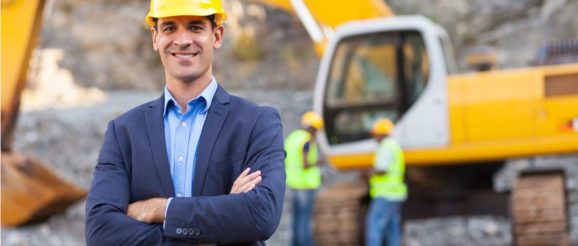Collaborating for digital innovation in engineering

To feed the innovating spirit, engineers and scientists need ongoing collaboration – both inside and outside their organisations.
According to Tracey
Drew, senior environmental scientist at SRK Consulting in Cape Town, an
in-house innovation workshop is now a valuable annual event for SRK experts to share
their technological inventions.
“While many of us are generating
or improving tools and applications to aid our work, we may often not be aware
of others working on similar initiatives,” said Drew.
The idea of the workshop
was sparked by a global SRK Practice Leaders meeting in 2015, which highlighted
the value of the ‘culture of innovation’ within the group.
“Each year, we bring
together SRK specialists in a range of disciplines to talk about their innovation
projects – which usually leverage digital technology,” said Drew. “This leads
to the sharing of insights and even practical assets like code for applications.”
During the meetings, delegates found that they solved many of the challenges in their projects by drawing on the work of others. While 16 delegates gathered at last year’s event, numbers this year were over 30 – and even included an SRK expert from Argentina.
The environment is informal – to foster the flow of ideas – but the workshop is driven by a packed agenda of inputs and discussion. This also opens the door for more general engagement about promoting efficiency and innovation within the organisation.
Among the technical innovations that SRK has achieved through inter-disciplinary collaboration is in the field of tailings storage facility (TSF) waste water modelling and assessment of liner requirements. This has involved engineering expertise in tailings, geophysics and rock engineering, combined with groundwater modelling skills to develop tools for seepage analysis, for example.
This has been important for optimising the cost of construction while preventing environmental damage and ensuring stability. There has also been exciting progress in assessing the effect of earthquakes on TSFs and new work on dam break analysis.
Beyond intra-company
collaboration, SRK scientists and engineers have also been active in presenting
their work to fellow-professionals in industry societies and forums. At a
recent ‘New Technology’ conference hosted by the Southern African Institute of
Mining and Metallurgy (SAIMM), SRK presented talks on a range of its current
innovations.
These included the use of photogrammetric modelling techniques for geological and geotechnical mapping and calibration of rockfall analyses; SRK staff are collaborating to develop more efficient methods of building models for geotechnical analyses.
Another presentation focused on a web-based water balance reporting system with quicker response times. SRK also presented on several mobile apps to improve efficiency and reliability of data capture for TSF monitoring, geotechnical data, hydrocensus and housing inspection in social surveys.
“For SRK, this knowledge sharing internally and externally is a vital process for advancing our expertise by harnessing digital technology,” said Drew. “It continually enhances the value of our offering to clients, while strengthening the economy’s capacity to address challenges.”
